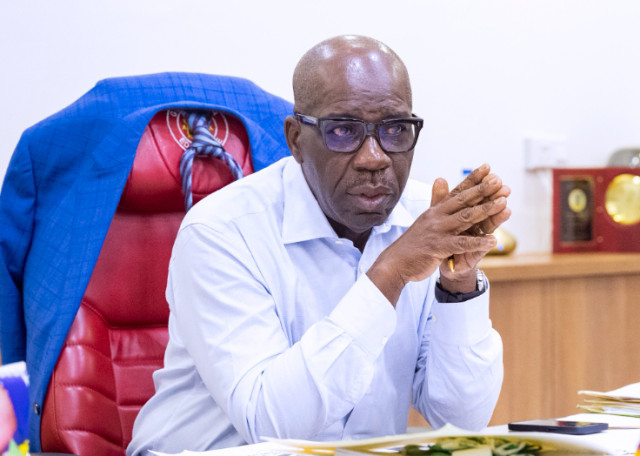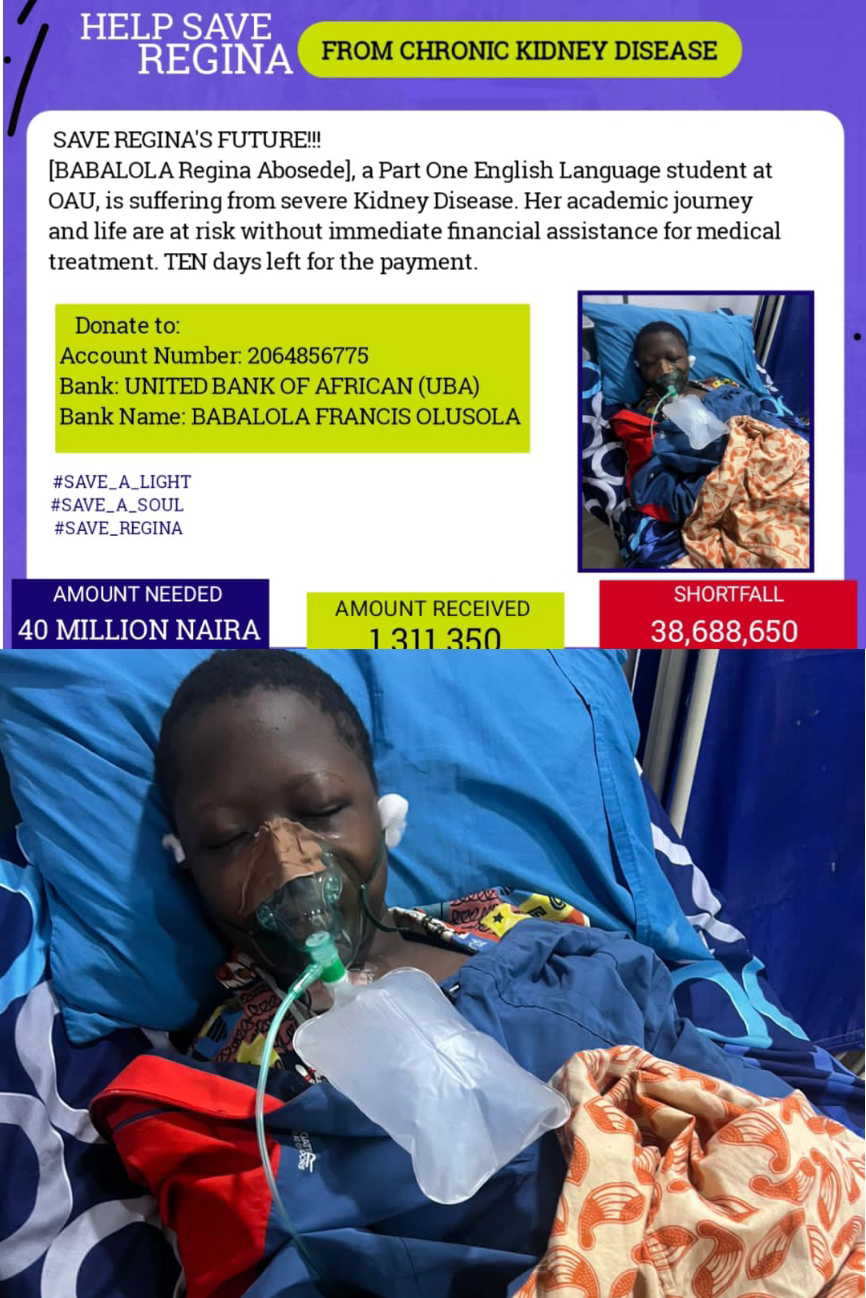Governor Godwin Obaseki Implements N70,000 Minimum Wage for Edo State Workers
In a significant move aimed at improving the welfare of employees in Edo State, Governor Godwin Obaseki has commenced the implementation of a new minimum wage of N70,000. This development comes as a fulfillment of his promise to prioritize the well-being of workers in the state.
The announcement of this increase was made during the recent inauguration of the Labour House in Benin City. Prior to this adjustment, the minimum wage stood at N40,000. The decision to raise the minimum wage is intended to alleviate the adverse effects of the challenging economic conditions resulting from policies such as the removal of fuel subsidies and other government directives at the federal level.
Chris Nehikhare, the State Commissioner for Communication and Orientation, emphasized that this wage increment underscores the Edo state government's unwavering dedication to the welfare of its workforce. He also highlighted that the prompt implementation of the revised pay scale before the end of May underscores the state government's commitment to fulfilling its obligations to its employees.
It is worth noting that the Labour Congress had been advocating for improved economic conditions for the average Nigerian family in discussions with the Federal government. Their initial proposal sought a substantial increase to N615,000, which was later revised down to N497,000. The Labor Congress has maintained that any approval below a six-digit figure would be deemed inadequate by their organization.
Given the current economic climate and the challenges facing the country, questions arise about the feasibility of business owners meeting the Labour Congress' ambitious proposal. Additionally, concerns linger over the federal government's ability to sustain such increased payments consistently. The implications of these changes on individuals within the private sector remain a point of interest and require further consideration.
As the dialogue surrounding wages and economic stability continues, it remains essential to navigate these developments thoughtfully and collaboratively to ensure a fair and sustainable outcome for all stakeholders involved.




Comments
Post a Comment